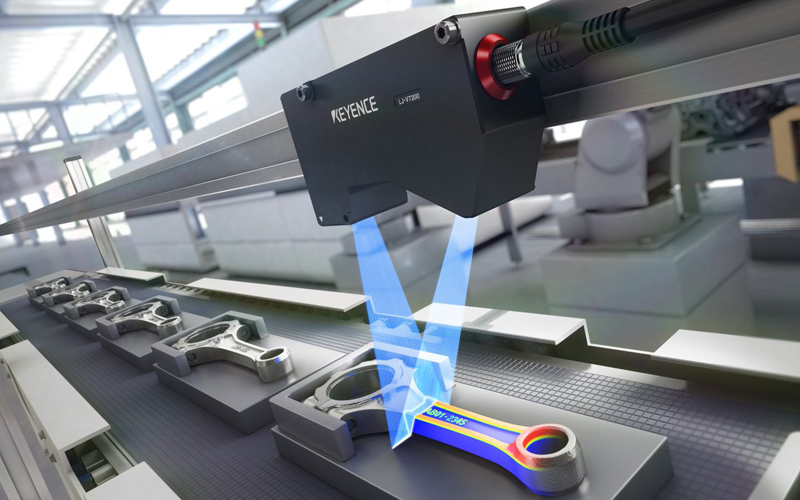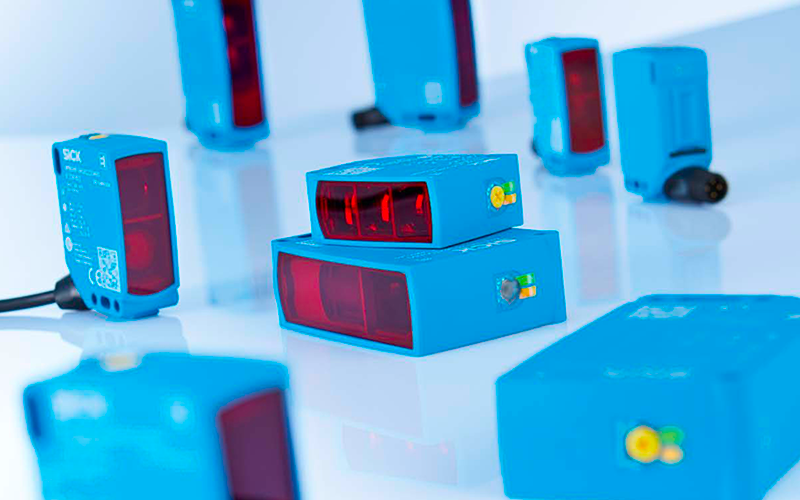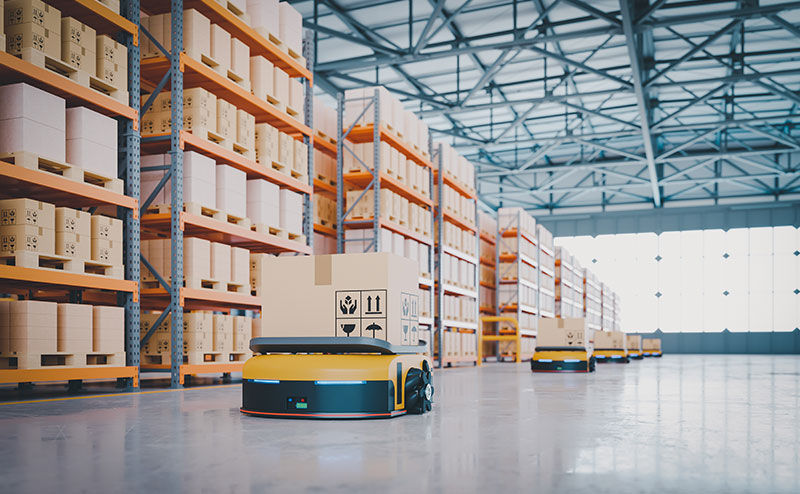What are industrial sensors?
Industrial sensors play a central role in plant automation and are widely used across multiple industries, including pharmaceuticals, food and automotive. In this post, we talk about what a sensor is, the different types of sensors, why you might use them and where you might find them.
A sensor, by its broadest definition, is a device that detects or measures a physical property and records, indicates or otherwise responds to it.
Typically, in factory automation, a sensor will work with other devices, such as servo systems or variable-speed drives, to monitor and perform tasks that require a great deal of speed, repetition and accuracy.

As a result, sensors are used in a vast array of industrial applications and there is a wide variety to choose from, including:
- Capacitive
- Environmental
- Fixed
- Magnetic
- Metal
- Motion
- Optical
- Ph
- Photo
- Position
- Proximity
- Radar
- Smoke
- Speed
- Temperature
- Weight
For example, you might find a Ph sensor in a water treatment facility or a motion sensor on a production line.

What's more, many modern sensor families, such as the W26 range from SICK, are often Internet of Things (IoT) ready and can be retrofitted to legacy equipment thus bringing your hardware into the Industry 4.0 era, giving you remote and instant access to data via the cloud.

Aside from SICK, other popular sensor manufacturers include Omron, IFM, Pepperl+Fuchs, ABB and Schneider.
To learn more about sensors or to discover more about our range of sensing equipment at Foxmere contact our team today on +44 (0)1922 349 999.


